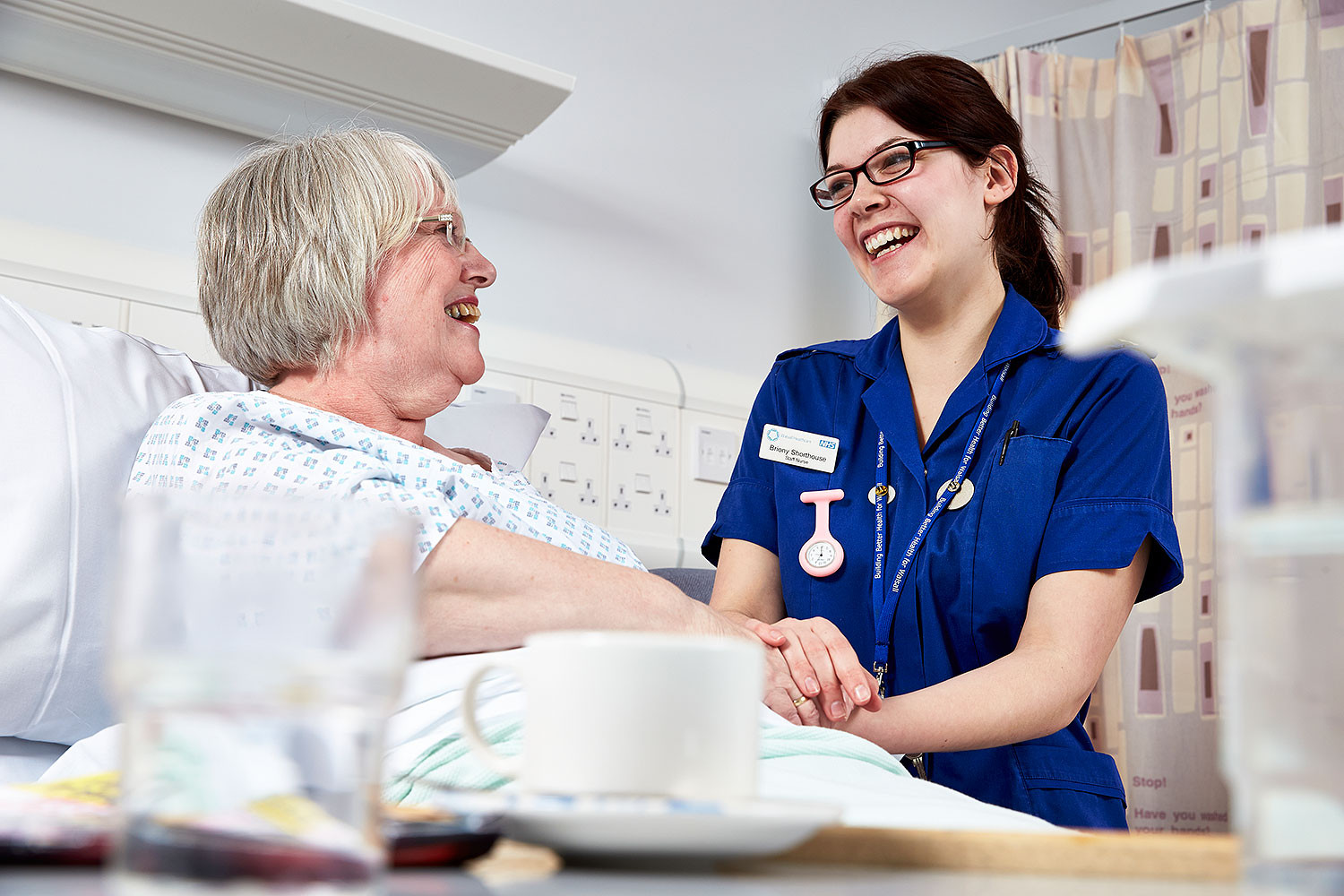The data on the use of Twitter as a health communication tool was presented to ESMO
Twitter is a place where many cancer patients share and discuss their experiences related to the disease. This is the main result of a recent exploratory study – presented last October at the ESMO 2018 Congress in Munich – and which analyzed the content of over 6,000 tweets and retweets on breast cancer.

Social media today has become a resonance chamber in which every social problem is reverberated many times, including cancer. The author of the study, dr. Rodrigo Sanchez-Bayona of the Universidad de Navarra Clinic in Pamplona, Spain, said: ” Many of the patients we see in daily practice use social media to look up information about their illness, so as care providers, we wanted to know what type of content found there, at the same time, the volume of posts on Twitter represents a rich pool of data that we can use to assess attitudes and speeches surrounding cancer . “
For this analysis, all tweets published with the #BreastCancer hashtag in a seven-day period were collected and classified based on their content, purpose, user information and whether they showed a stigmatizing attitude towards breast cancer. The tweets were also grouped into four sub-themes: diagnosis, treatment, prognosis and prevention .
This study was part of a larger and multidisciplinary project to observe the presence of various diseases on social media. In 2014 it was discovered that cancer was the most frequently cited disease on Twitter globally because it is one of the three most common cancers in the world and the leading cause of cancer death in women.
The data collected included 3,703 original tweets and 2,638 retweets. Looking at the original tweets, it turned out that only one in three had medical content. However, 90% of this medical information was appropriate, which was probably due to the fact that 40% of tweets came from institutions and health facilities.
The most common sub-theme was by far the prevention (44.5% of tweets) linked to the fact that the affected patients shared their experiences retweeting medical posts. Of the 2,559 non-medical tweets analyzed, less than 15% contained stigmatizing statements about the disease .
” The numerous breast cancer awareness campaigns over the years have certainly helped reduce the stigma associated with this disease, ” said Sanchez-Bayona. ” For many other cancers, there is still an unmet need. Going forward we would also like to explore and compare the presence on social media of different types of tumors “.

Digital technologies in health care: word to doctors
“While it would be interesting to do more research on the profiles of social media users who are the most active in the cancer discussion, these initial results could prove useful in themselves, ” Sanchez-Bayona continued. ” In particular, advocacy organizations can draw on them to create medical content and cancer counseling that will be more accessible to users. Social media can be used as a new way to provide information on cancer prevention and health communication – not just for patients, but to a much wider audience.”







